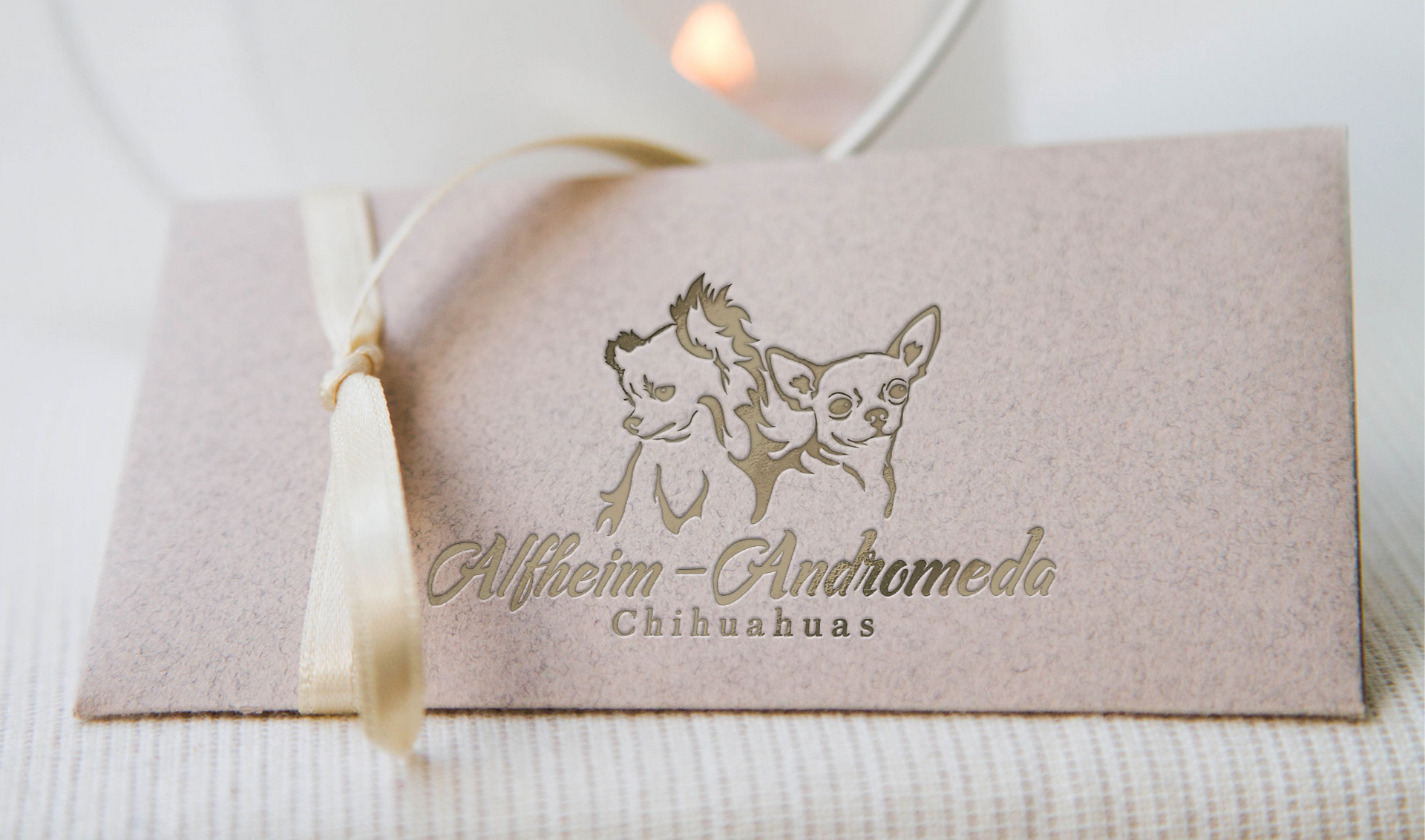Why Choosing a Responsible Breeder Saves You Money and Heartache in the Long Run

Bringing a pet into your life is one of the most rewarding experiences, but it’s also a long-term commitment filled with responsibilities. One of the first and most important decisions you’ll face is choosing where to get your new furry friend.
Should you opt for a cheaper alternative or invest in a pet from a responsible breeder? While lower upfront costs might seem appealing, the long-term financial and emotional implications often make a responsible breeder the better choice. In this blog, we’ll explore the benefits of choosing a responsible breeder and why this decision can save you both money and heartache in the long run.
The Financial and Emotional Rewards of Responsible Breeding
While pets from less-reputable sources may come with a lower price tag, these savings are often overshadowed by hidden costs. Responsible breeders prioritize their animals’ health and welfare, offering benefits such as:
Genetic Screening: Prevents costly, preventable genetic disorders.
Lifetime Support: Many responsible breeders provide ongoing advice and support.
Health Guarantees: Includes initial health insurance, vaccinations, and microchipping.
These safeguards significantly reduce the likelihood of expensive medical bills and emotional stress down the line.
Case Study: The True Cost of Brinley the Chihuahua
At first, Brinley seemed like a bargain. Purchased for $600, her initial costs—including vaccinations and spaying—came to $850. However, as Brinley aged, hidden health issues began to surface, revealing the full "true cost" of forgoing a responsible breeder.
Initial Costs
Purchase price: $600
Initial vaccinations and vet visit: $100
Spaying: $150
Total Initial Costs: $850
Ongoing Health Issues and Expenses
Patellar luxation treatments: $2,500
Dental work: $1,200
Neurological disorder medications: $1,000
Emergency vet visits: $2,000
Regular check-ups and vaccinations: $2,500
Diagnostics (X-rays, MRIs): $5,800
Cardiac issues: $1,500
Collapsed trachea medication: $1,000
CM/SM (Chiari-like Malformation/Syringomyelia): Ongoing management costs vary, with Brinley requiring medication, specialized care, and frequent veterinary consultations.
Total Medical Costs: $17,500
When combined with standard pet care expenses like food and grooming (estimated at $8,000 over her lifetime), Brinley’s total lifetime costs reached $26,350.
The Breeder’s Neglect
Brinley’s health struggles stemmed from preventable genetic issues, yet her breeder continues to operate without making meaningful changes. Alarmingly, the breeder is still breeding relatives of Brinley, fully aware of her health conditions, including CM/SM, a debilitating neurological condition. This not only perpetuates the cycle of suffering for future dogs but also highlights the devastating consequences of unethical breeding practices.
The emotional toll on Brinley’s family has been immense. Constant vet visits, difficult medical decisions, and ongoing stress have left them financially and emotionally drained—all of which could have been avoided with a more responsible breeder.
Why DNA Screening and Health Testing Matter
Some breeders dismiss the importance of comprehensive health testing with excuses like:
“If you look hard enough, you’ll find something wrong with any dog.”
“I know my lines.”
These dismissive statements ignore the reality of genetic inheritance. A responsible breeder doesn’t rely on vague assurances but instead provides documented health clearances through organizations like the Orthopedic Foundation for Animals (OFA) or Embark DNA.
Cost of Health Testing
Proper health testing costs $665 to $1,500 per dog, depending on the breed. While this might seem expensive, it’s a fraction of the potential revenue from responsibly bred puppies.
The Financial Perspective
Average puppy price: $3,000
Typical breeding female produces 3 litters of 3 puppies each (9 puppies total).
Total Revenue: $27,000 per dog
The investment in health testing, whelping equipment, and facilities ensures peace of mind for the breeder and the families adopting the puppies.
Additional Breeding Expenses
Responsible breeders invest heavily in their facilities and care practices, including:
Whelping Equipment: Boxes, heat lamps, and climate-controlled spaces.
Socialization and Training: Preparing puppies for a lifetime of positive interactions.
High-Quality Nutrition: Premium food for both the mother and her puppies.
These expenses, while significant, are critical for producing healthy, well-adjusted puppies. Neglecting them compromises the health of the puppies and the emotional stability of adopting families.
The Illusion of a Bargain
Not all breeders charging premium prices provide premium care. Terms like "AKC Champion Lines" or "Preservation Breeder" can be used as marketing tools rather than indicators of quality.
Red Flags to Watch For:
Lack of publicly accessible health testing results.
Breeders who emphasize price or appearances over health guarantees.
No ongoing support or guarantees for their puppies.
Choosing a responsible breeder ensures you’re paying for more than a label—you’re investing in a healthy, happy companion.
Recommendations for Prospective Pet Owners
If you’re considering adding a pet to your family, follow these steps to ensure a positive experience:
Research Breeders Thoroughly: Look for reviews, testimonials, and verifiable health clearances.
Ask for Health Clearances: Request documentation for the parent dogs’ health tests, such as OFA or Embark results.
Video Chat the Breeder: Arrange a virtual visit to check the living conditions and care practices.
Consider the Long-Term Commitment: Remember that pet ownership involves more than the initial purchase price—it’s a lifelong emotional and financial investment.
The True Cost of Pet Ownership
Pet ownership is not a one-time transaction—it’s a lifetime commitment. By choosing a responsible breeder, you’re not just investing in your pet’s health but also in your peace of mind. The slightly higher upfront cost often saves thousands in medical expenses, emotional strain, and uncertainty.
When you understand the "true cost" of pet ownership, the decision to prioritize responsible breeding becomes clear. It’s a choice that supports ethical practices, protects your family’s well-being, and ensures a lifetime of joy with your new furry friend.


![04[5287]_edited.png](https://static.wixstatic.com/media/19bc06_e20664f6f34a40a38ce600e39e177c3c~mv2.png/v1/fill/w_980,h_578,al_c,q_90,usm_0.66_1.00_0.01,enc_avif,quality_auto/19bc06_e20664f6f34a40a38ce600e39e177c3c~mv2.png)























